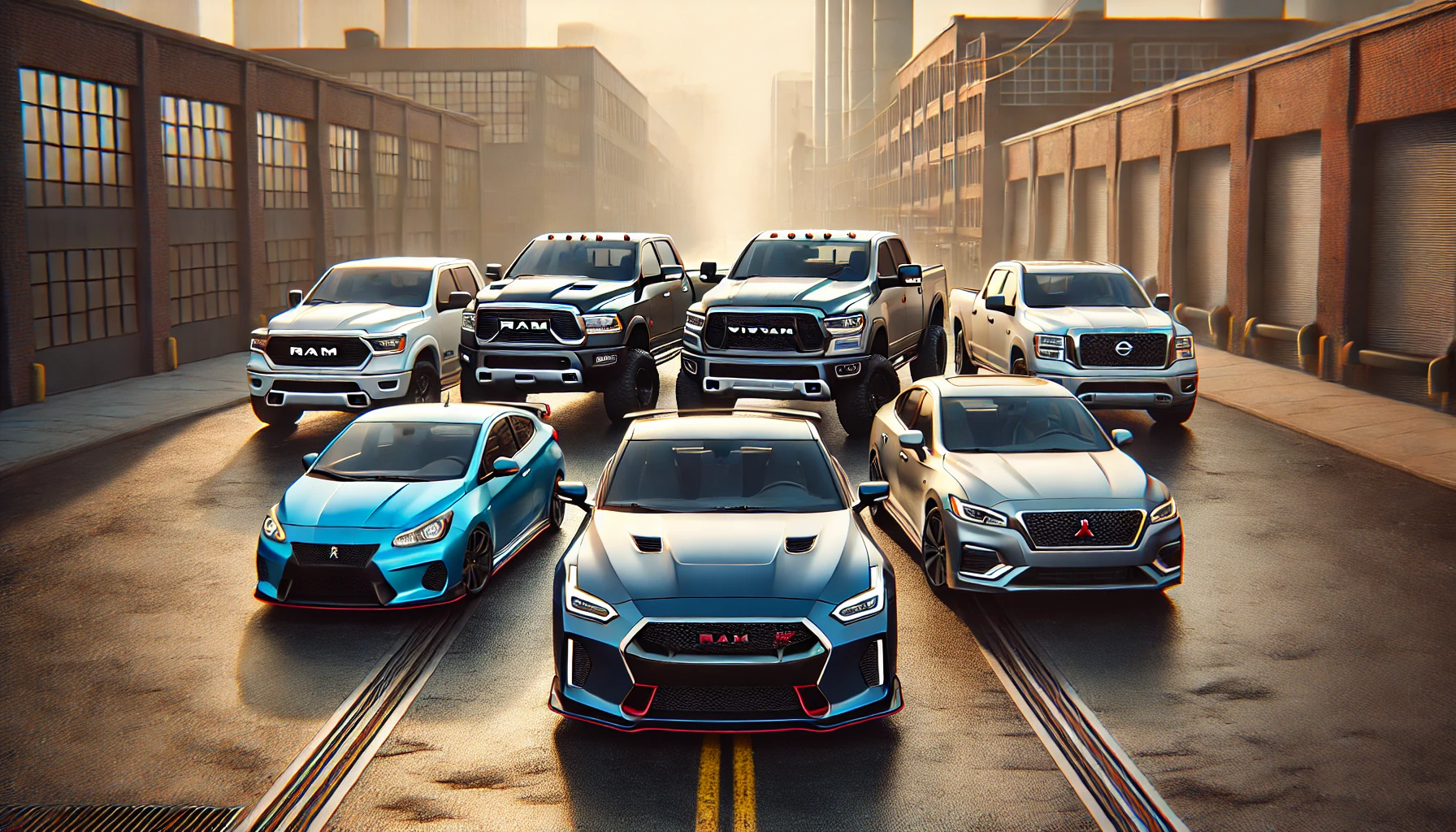As the automotive industry continues to evolve, 2025 marks a significant year of transition, with several beloved vehicle models reaching the end of their production lines. From iconic sports cars to reliable sedans, automakers are phasing out certain models due to changing consumer preferences, stricter emissions standards, and the growing demand for electric and hybrid vehicles. While these vehicles have earned loyal followings over the years, their discontinuation reflects the industry's shift toward more sustainable and technologically advanced options. In this post, we take a look at the vehicle models bidding farewell in 2025 and explore the reasons behind their discontinuation.
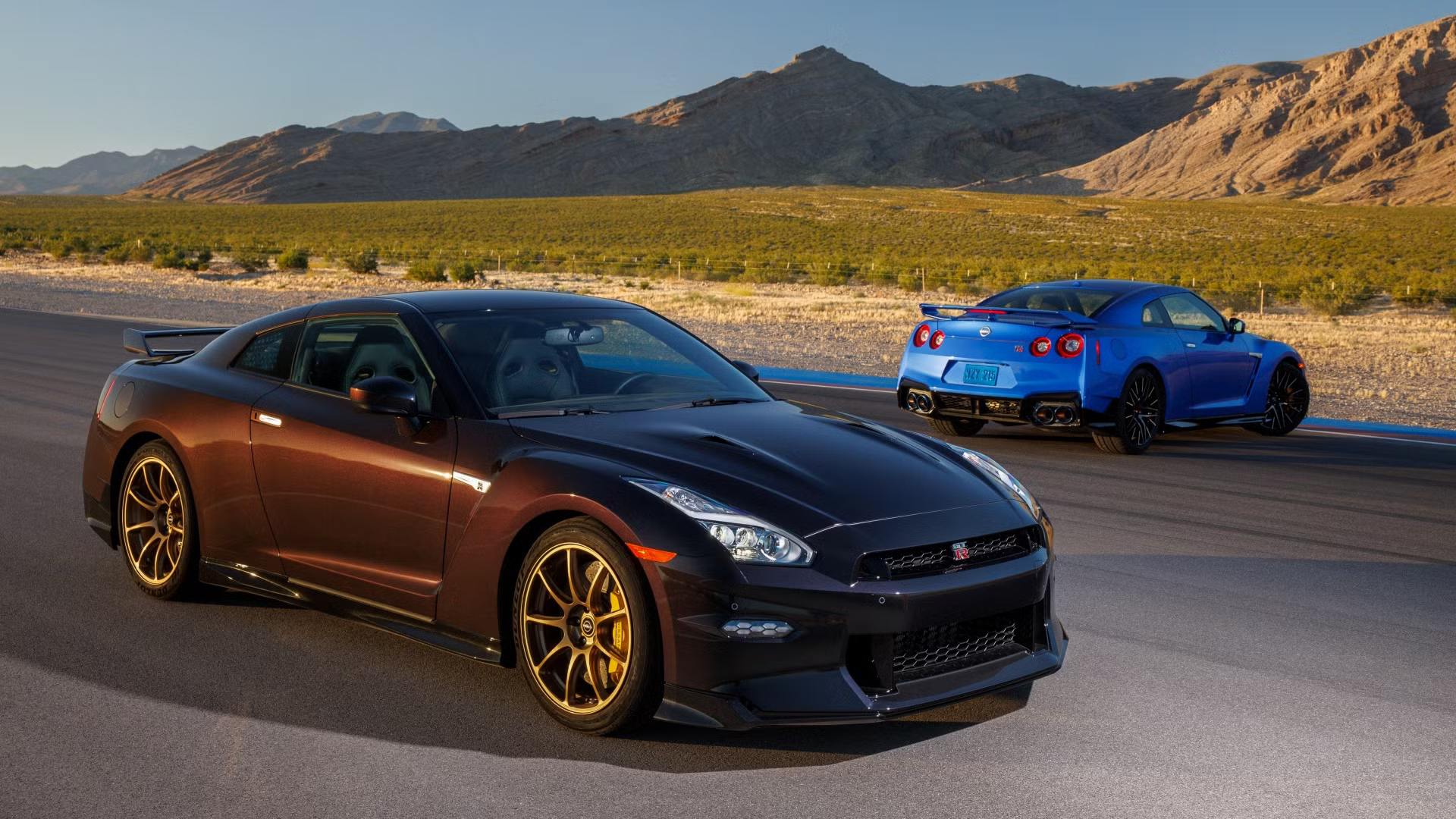
Nissan GT-R
With the rise of electric vehicles (EVs) and stricter emissions regulations worldwide, performance cars powered by traditional internal combustion engines face growing challenges. Nissan, like many automakers, is shifting its focus toward sustainable mobility and electric powertrains. The company has already made strides in the EV space with the successful Leaf, and it’s looking to build a greener future with next-generation technology.
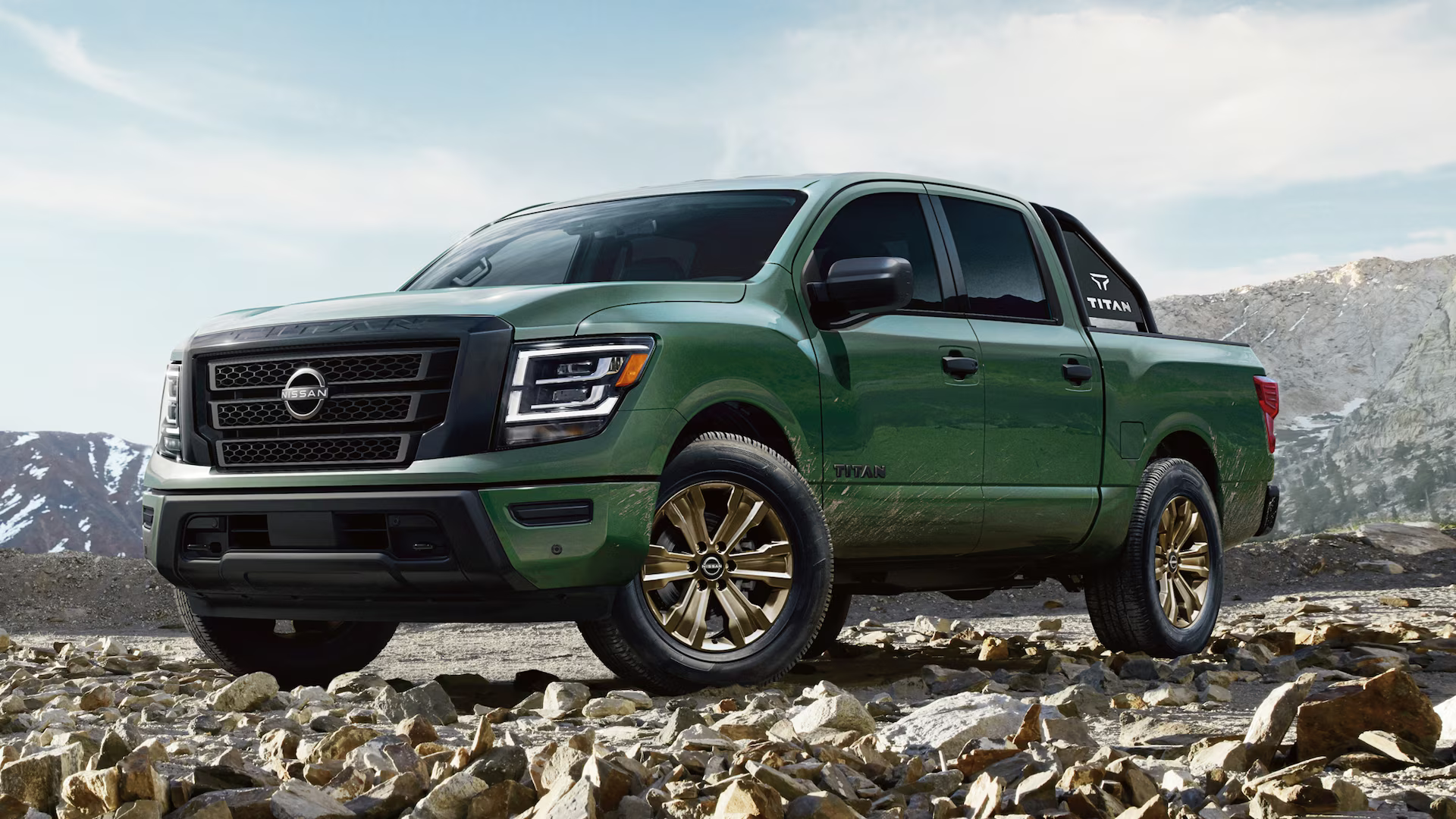
Nissan Titan
The decision to discontinue the Nissan Titan isn’t entirely surprising, given the truck’s performance in the market. Several factors contributed to Nissan’s choice to wind down production.
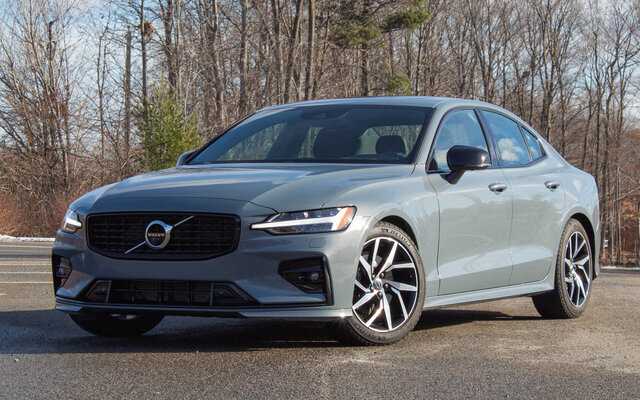
Volvo S60
Volvo’s decision to discontinue the S60, like many other automakers’ moves in recent years, is driven by the global shift toward electric vehicles and SUVs. Volvo has set an ambitious goal of becoming a fully electric car company by 2030, and the discontinuation of internal combustion engine (ICE) models like the S60 is part of this strategy. As consumer demand for traditional sedans declines in favor of crossovers, SUVs, and electric models, it no longer makes financial sense for automakers to continue investing in the development of gasoline-powered sedans.
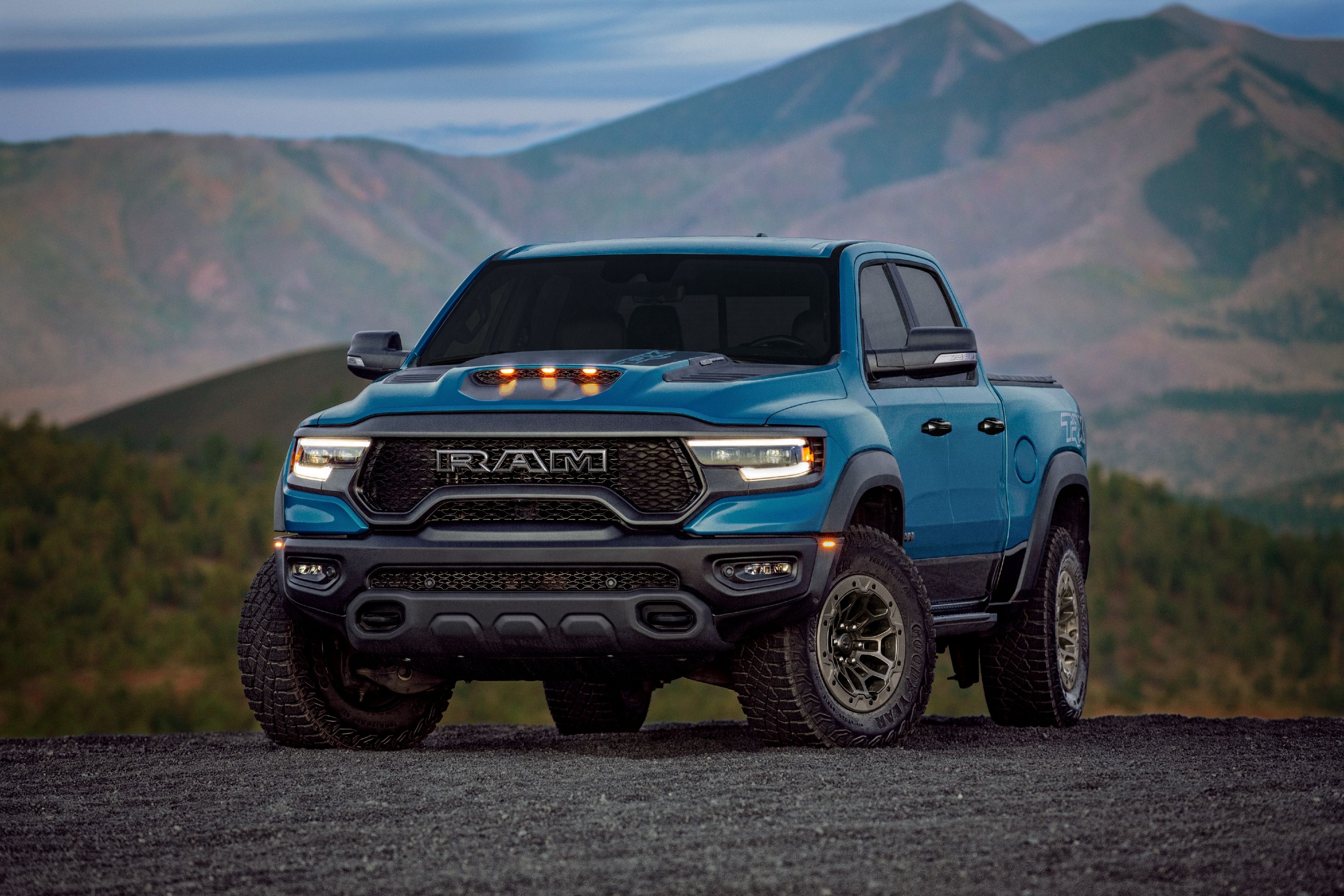
RAM 1500 TRX
While the RAM 1500 TRX has had an impressive run, shifts in the automotive industry may have contributed to its discontinuation. From evolving emissions standards to a growing market focus on electrification and fuel-efficient options, many high-powered, gas-guzzling trucks are facing the same fate. RAM's decision reflects a broader industry trend toward sustainability and greener alternatives, though it certainly marks the end of an era.
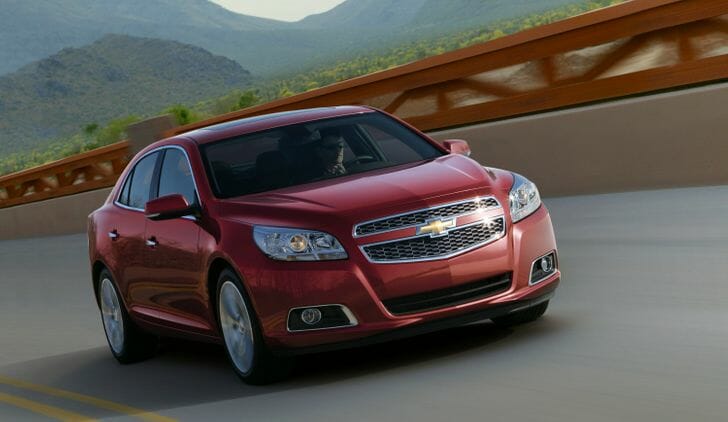
Chevrolet Malibu
The decision to discontinue the Chevy Malibu is part of a larger trend in the automotive industry: the decline of traditional sedans. Over the last decade, consumer preferences have shifted dramatically toward SUVs, crossovers, and trucks. These vehicles offer more space, higher seating positions, and the capability to handle a wider range of driving conditions. In response, automakers like Chevrolet have adjusted their portfolios to focus more on these growing segments.
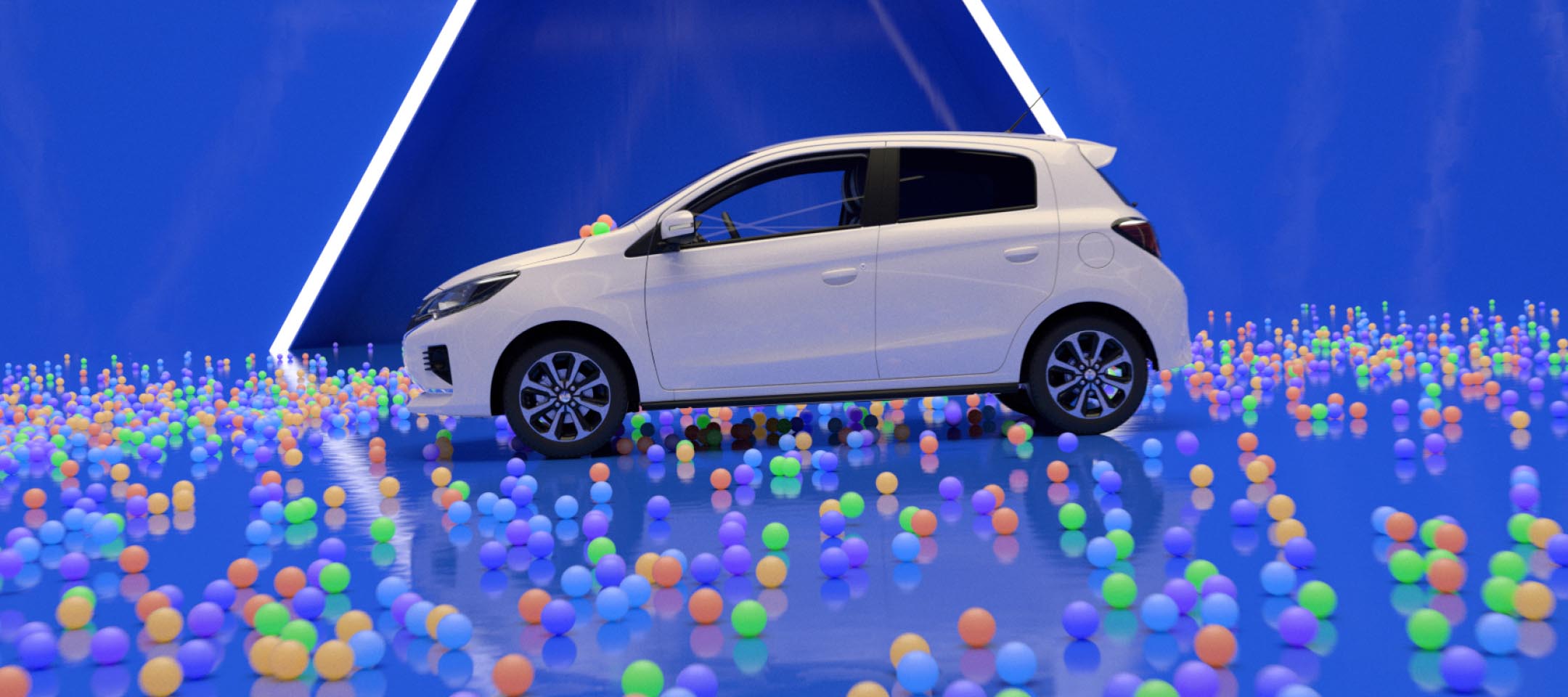
Mitsubishi Mirage
The decision to end production of the Mirage is largely driven by a seismic shift in the automotive industry. With consumer preferences swinging toward larger vehicles like SUVs and crossovers, small cars are becoming a rarity. This trend has been apparent for several years, as other manufacturers have also been phasing out their compact car lines in favor of more versatile, higher-margin options. Unfortunately, despite its loyal fanbase, the Mirage could not escape this fate.
As we bid farewell to these iconic vehicles being discontinued in 2025, it’s a reminder of how quickly the automotive industry is evolving. While it’s bittersweet to see these models leave the roads, their legacy will live on in the memories of those who cherished them. The push for greener technology, autonomous driving, and advanced safety features is shaping the future of transportation, bringing exciting new models and innovations to the market. As we look ahead, the discontinuation of these vehicles marks not just an end, but the beginning of a new chapter in automotive history—one filled with possibility and progress.



